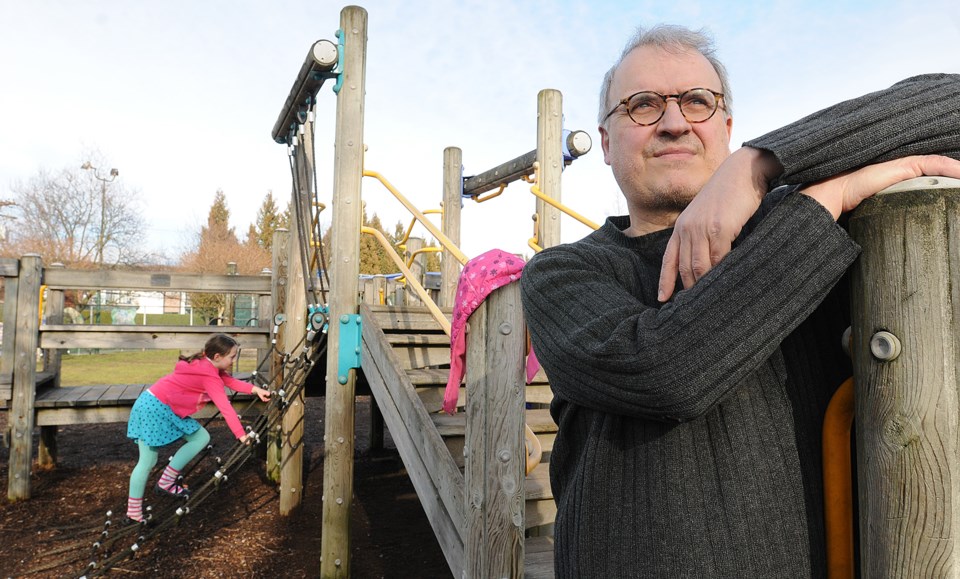The Vancouver School Board wants to focus more resources on its six neediest schools.
Recommendations about the Inner City school and CommunityLINK program are to go before the board Monday evening.
The revised approach categorizes schools in three tiers based on their concentration of poverty using provincial statistics about income assistance and the numbers of children in foster care.
The highest concentrations of poverty are at Macdonald, Strathcona, Grandview, Seymour, Britannia and Thunderbird elementary schools. Queen Alexandra elementary at Broadway and Clark and Tillicum annex combined with Hastings elementary fall in the middle tier and Nightingale, Selkirk, Cook, Fleming, Henderson and Roberts are in the third tier.
The six neediest schools would receive universal breakfast and lunch programs, a pre-kindergarten program, a special education assistant in each kindergarten class, a full-time literacy specialist, counselling services, other support workers and out of school programming.
Fourteen schools were previously designated Inner City. The revised model includes Fleming elementary at Knight and East 49th and Lord Roberts elementary in the West End as needing extra support, whereas Mount Pleasant elementary and General Brock elementary, near the demolished Little Mountain social housing site, have dropped off the list.
The Mount Pleasant and Queen Alexandra school communities believe the statistics don’t adequately reflect their students’ needs. Queen Alexandra could be moved into the top tier because its needs appear to be swiftly increasing.
Parent advisory committee member Lewis Villegas says Mount Pleasant’s school community is concerned it will lose its youth and family worker who has served the school for 20 years.
He says parents worry their neighbourhood’s demographics will change yearly as low-income housing in the area opens or closes so support for their school could “yoyo in and out.”
Villegas suggested decisions about how to assign extra services should be made by a principal in each area of the city where the poorest schools are clustered and that neighbouring schools could share counselling time every year.
A need for more centralized coordination was noted during the review to avoid service gaps and duplication, counters Valerie Overgaard, a board consultant.
Mount Pleasant parents worry the loss of the Inner City designation would mean the Boys and Girls Club and the Sarah McLachlan School of Music would direct their resources elsewhere.
“The fact of the matter is, the neighbourhood, as they acknowledged, has changed considerably and I’m sure that Sarah McLachlan and the Boys and Girls Club are quite aware of that,” Overgaard said.
The report recommends a place-based approach of providing community supports and a focus on helping Grade 7 students enter high school.
The Inner City program started in 1988 and focused on four schools and one annex, so Overgaard said the revised program returns to its roots. The school board funds the program from its operating budget and it is to be revised within this funding envelope.
crossi@vancourier.com
twitter.com/Cheryl_Rossi



